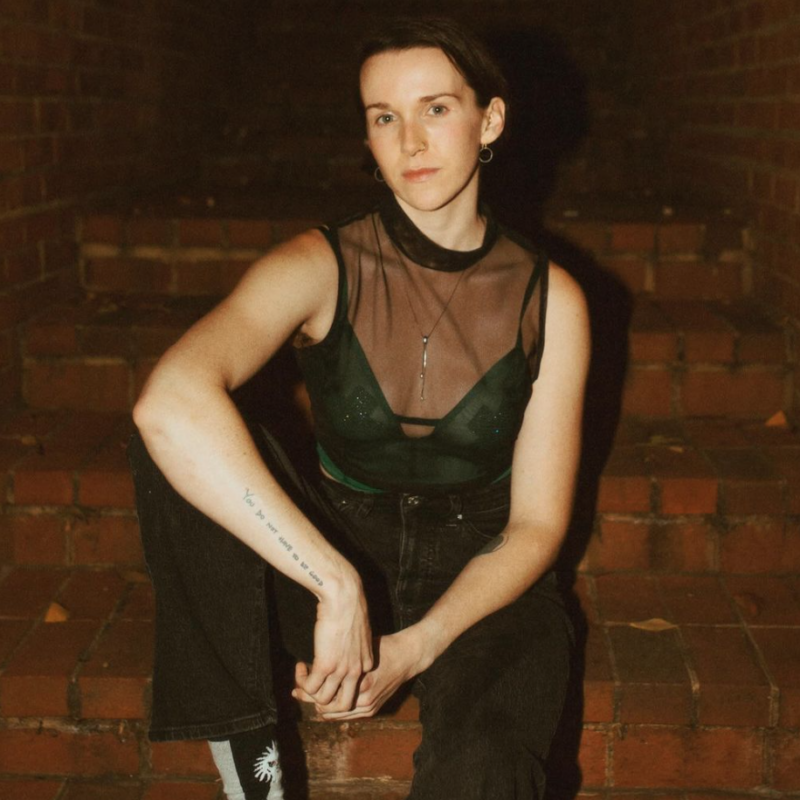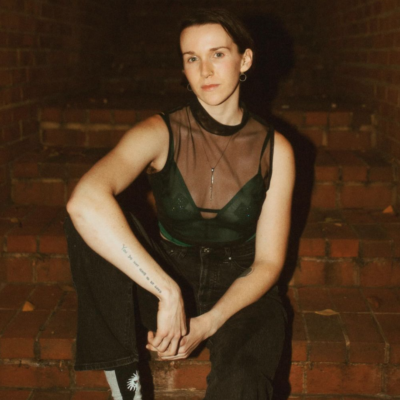Let’s put it this way. If you had to make a list ranking the five or 10 best movies ever made about the Crusades, which is hard enough once you’ve acknowledged The Seventh Seal as number one, at least Season of the Witch wouldn’t make your task any harder. No, Season of the Witch would do you a favor, by sparing you the further agony of deciding where on your list it belongs: It doesn’t belong anywhere near your list.
|
In Season of the Witch, 14th century crusaders Nicolas Cage (pictured) and Ron Perlman join a mission as mythically fraught as the film’s critical reception. |
I know I’m not helping here. I had just hoped to be the first (and maybe the only) person to mention an Ingmar Bergman masterpiece in a review of Season of the Witch. With that out of the way, here are some details. Nicolas Cage and Ron Perlman play disillusioned medieval knights on a witch hunt. Actually, it’s more of a witch delivery. And said witch (Claire Foy) is believed to be the source of a highly pervasive, pustule-intensive plague. The knights must take her to a group of monks who have holy instructions for what to do in situations like this. Presumably they’ll recite a few Latin phrases, run a few torturous tests and presto: plague over.
Ah, but what if she’s not actually a witch? What if she’s innocent? Or, worse, a demon? Well, who cares? Director Dominic Sena doesn’t much seem to, and it’s hard to blame him. As with many recent Nicolas Cage ventures, the most pressing question is how a movie could be so profoundly moronic. The obvious answer is that the profundity of moronism in Nicolas Cage ventures is highly subjective, depending on viewer’s intoxication and, and how open a viewer remains to dialogue like this:
Perlman: “What is that smell?”
Cage: “That would be you.”
I can’t offer more examples of the dialogue because I didn’t write them down. I didn’t want to be the guy actually taking notes on Season of the Witch. But this journalistic lethargy seems commensurate with the filmmaking. It was easy enough to get a general sense of screenwriter Bragi Schut’s wantonly anachronistic buddy-banter slang —at once a tad too new to evoke the 14th century and a tad too old to evoke the 21st. Whenever anyone talked about the witch, I half expected them to pronounce it “wee-otch.”
Also: I saw it with a real audience instead of a room full of film critics, which is normally refreshing, but was awkward this time because the audience was one other random dude. I felt sorry for intruding, but had to because there hadn’t been any Season of the Witch screenings for the press. Ten bucks and an hour and a half later, I understood why.
/2010_season_of_the_witch_02.jpg)





